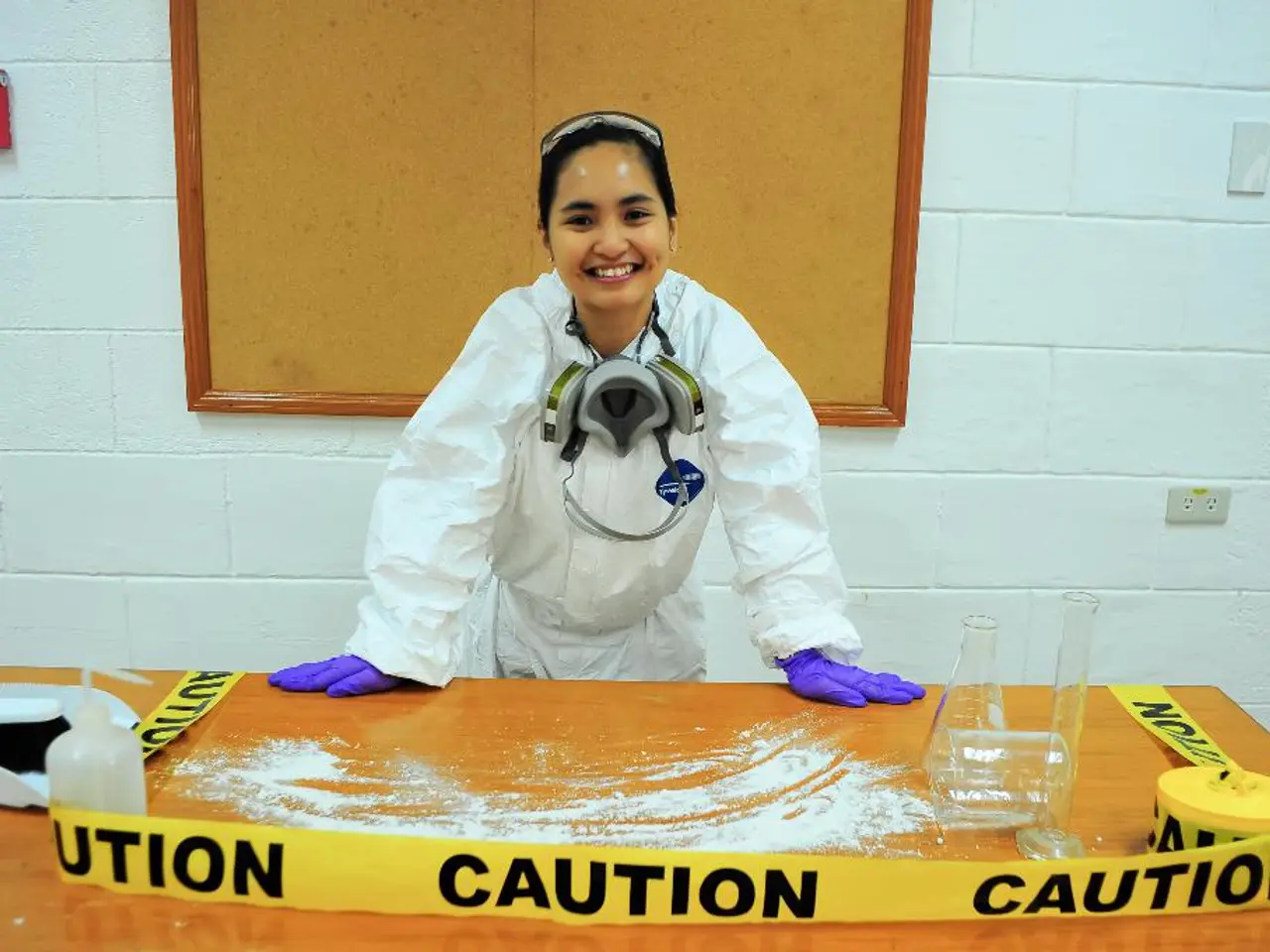Strategies for Minimizing Typical Errors in International Baccalaureate Chemistry Exams: Insights from RevisionDojo
In the world of International Baccalaureate (IB) Chemistry, success goes beyond simply memorising facts. To excel in exams, it's essential to master exam techniques, understand command terms, and practice past papers under timed conditions. Here's how to effectively avoid common mistakes and boost your scores.
IB Chemistry requires a qualitative understanding of mechanisms and quantitative proficiency in stoichiometry, equilibrium, pH, kinetics, and more. However, rote memorisation without comprehension often leads to weak application, especially in calculations or novel contexts. To avoid this pitfall, focus on understanding concepts rather than just memorising facts.
One of the most frequent mistakes is ignoring IB command terms like "outline," "explain," or "evaluate." Each of these terms requires a specific approach. For example, "outline" demands listing key points briefly, while "explain" requires showing causal relationships, and "evaluate" assesses strengths, weaknesses, and implications.
To avoid calculation mistakes and forgetting units, key areas to focus on include stoichiometry conversions, gas laws and ideal gas equations, rate constants, pH/pOH calculations, and more. Always show full working and units to gain method marks, even if the final answer is incorrect.
To effectively avoid common mistakes, RevisionDojo's strategic guide recommends practicing numerical questions and always showing full method steps, even if the final answer is wrong. This approach helps build a strong foundation in calculations and ensures that you're not making the same mistakes as many other students.
RevisionDojo's guides also reveal where students commonly make mistakes and how to prevent them effectively. For instance, many students lose marks through calculation mistakes or forgetting units. By understanding where these errors occur, you can focus your revision efforts and improve your performance.
IB Chemistry exam success is not just about knowing content, but also avoiding common mistakes that cost marks. Weak performance in Paper 3 and practical questions can negatively impact overall IB Chemistry exam scores. To improve in these areas, RevisionDojo's testing tips guide recommends practicing under timed conditions with past papers and thoroughly reviewing mistakes using answer mark schemes.
In addition to these strategies, studying in groups or with tutors can help explain concepts aloud and clarify doubts, building confidence and reinforcing learning. Creating visual aids like concept maps and flowcharts can also connect ideas, deepening conceptual understanding required in exams.
Lastly, avoid last-minute cramming and trying new strategies on exam day. Stick to familiar routines and techniques to reduce stress and errors on the test itself.
By focusing on precision, understanding, and exam technique, you can boost your IB Chemistry exam performance while minimising common mistakes. So, gear up, revise smart, and ace your IB Chemistry exams!
Mock exams and flashcards are valuable tools for practicing IB Chemistry questions, helping to familiarise oneself with exam format and common question types. Education and self-development resources like online courses and learning platforms, such as RevisionDojo, provide comprehensive guides for understanding IB Chemistry concepts, and they offer strategies for avoiding calculation mistakes and boosting scores. Also, when faced with medical-conditions or challenging topics, seek help from science tutors or study groups to consolidate your learning and deepen your understanding of science.




